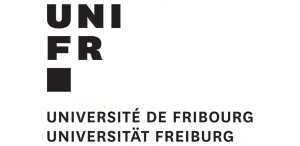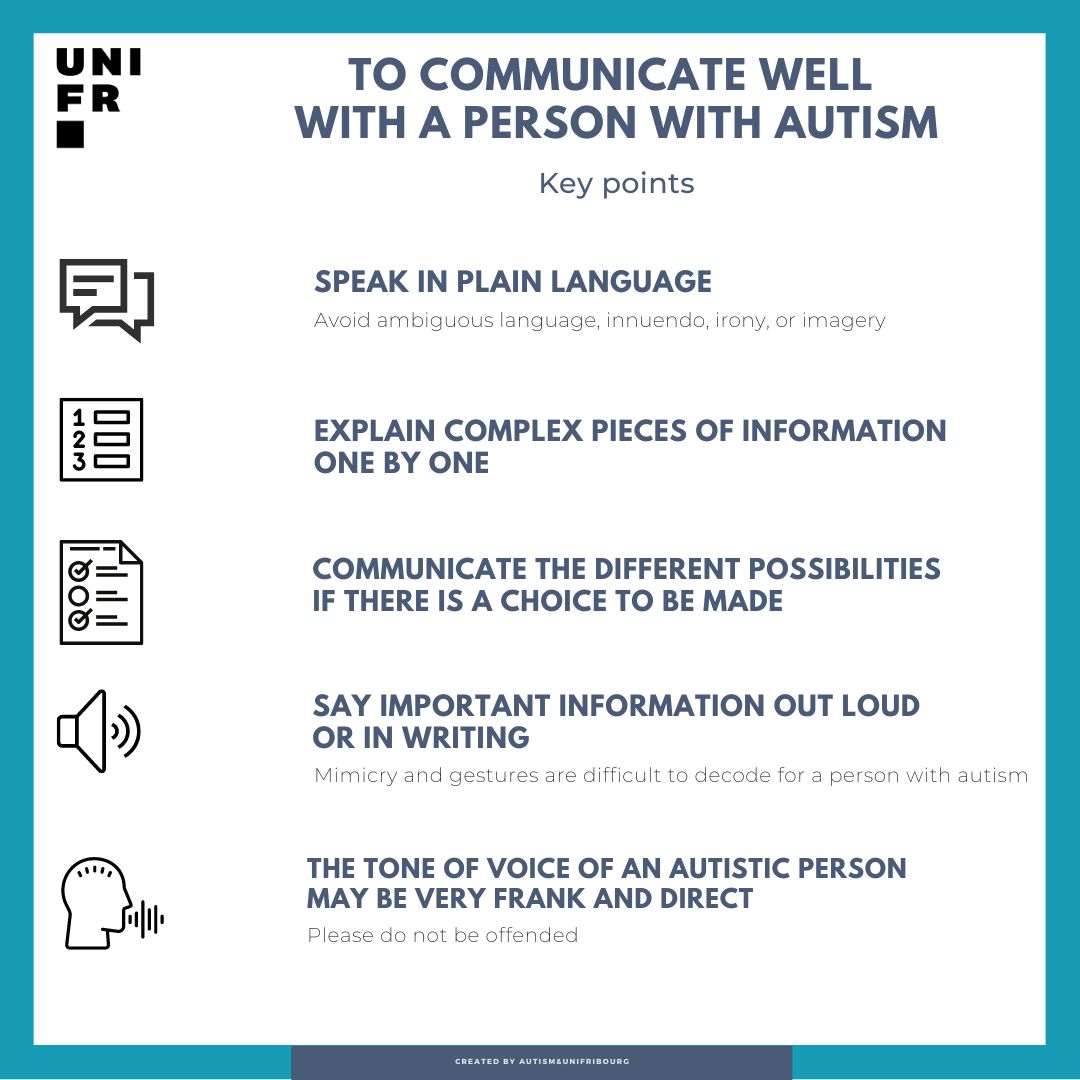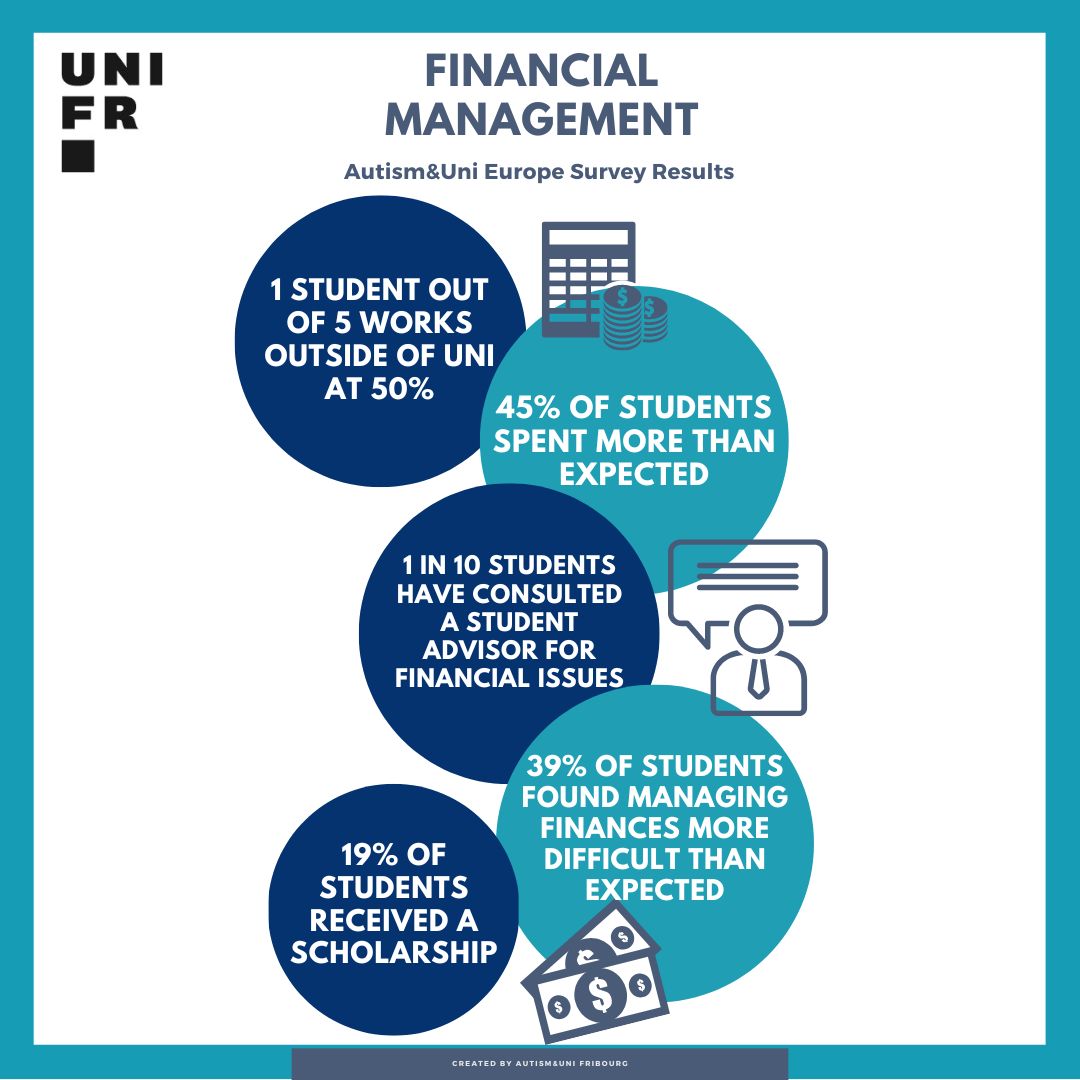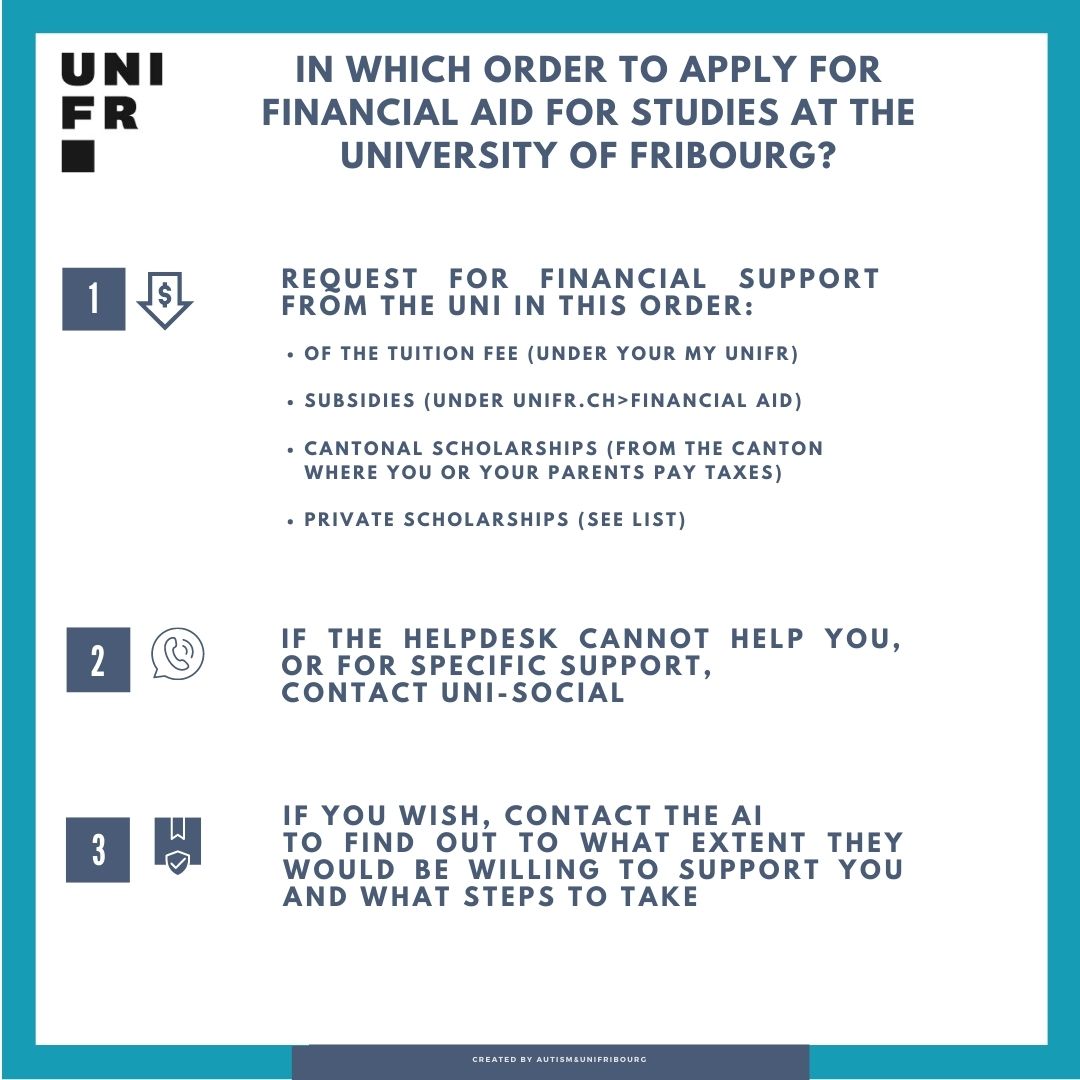Understanding the financial supports available to students can seem complex. After reading this next section, you’ll better understand how to get organized on these issues.
Context
In Switzerland, no funding is automatically available to students. A diagnosis of autism does not automatically entitle a student to any support, either financial or psychological. All students who wish to receive financial support must do so themselves, whether they are on the autism spectrum or not.
There are a multitude of possible forms of financial support at the University of Fribourg, but understanding these different systems and finding the right information can be complicated.
Students can apply for different types of funding to help them pay for university fees and support themselves during their studies. These types of funding vary depending on the student’s personal circumstances. The process of applying for funding support can be time consuming and administratively complicated. Applying as early as possible will give you the best chance of getting funding in time.
If you have any questions or concerns about this, the uni-social team will be able to advise you.
As a student on the autism spectrum, one difficulty can be mutual misunderstanding: you don’t understand the financial or administrative steps you need to take, and the specialists in the administration don’t understand your specific functioning as a person with autism. Therefore, it may be helpful to inform others about your autism to facilitate communication. For example, you could share the infographic below to help a non-autistic person understand your condition quickly and simply.
Financial aid for students at the University of Fribourg:
At the University of Fribourg, there are 4 main types of financing available to support students in difficulty: subsidies, fee reductions, cantonal scholarships, and other types of additional financing.
- Subsidies are financial support that can be obtained by filling in a subsidy application form. The application form can take a long time to fill out, so it is useful to apply well in advance.
- A reduction of the registration fee can be requested and will be analysed according to several criteria (age, parental support, possible income). This request must be made during the semester preceding the need for financing. You will find links on your Myunifr portal or under “financial aid”.
- Cantonal scholarships: In Switzerland, the EDK (Swiss Conference of Cantonal Ministers of Education) is responsible for cantonal scholarships. The application must be made to the canton in which you or your parents pay taxes. You should therefore apply to the cantonal scholarship office of the canton concerned. In the canton of Fribourg, this is the « Service des subsides de formation » of the « Direction de l’instruction publique, de la culture et du sport (DICS) ». You can apply online by following this link to the DICS.
For the other cantons, you can find information on the website of the Swiss Conference of Cantonal Ministers of Education (areas of activity > scholarships, unfortunately not in english). - Other scholarships: we recommend that you start with the first three models above. If nothing works, there are some private foundations that sometimes offer financial support. But beware: each application is long and complex to fill out. A submitted application does not guarantee the requested funding. Before embarking on these administrative steps, ask yourself: do I have the time and energy to invest in these steps? Is this financing really necessary for me?
If you want to know more about these other available funds, here are some links: Private grants – Scholarships of the Pestalozzi Foundation – Ernst-Burri Foundation for students from Fribourg – Directory of foundations of the Confederation – Directory of foundations Fundrasio- Directory of foundations of the ETHZ (in German) – Swiss Student Union – SEFRI – scholarships for Swiss and foreign students – swissuniversities: scholarships for studies in Switzerland (in French) – swissuniversities: scholarships for studies abroad (in French)
What is the AI?
In French-speaking Switzerland, the AI stands for Assurances Invalidité (Invalidity Insurance, also known in German as Invaliditäts Versicherung IV).
This insurance aims to increase the independence of people with health problems by means of occupational rehabilitation measures, medical measures, aids and other financial benefits.
The term “disability” refers to health impairments that limit earning capacity. These impairments may be physical, psychological or mental in nature, occurring before or after birth, and must be considered permanent. They must be diagnosed professionally.
Many people on the autism spectrum would not describe themselves as “disabled” or “impaired. This is the case for many of the students who participated in the international Autism&Uni project surveys. However, students on the autism spectrum could in some cases be considered “disabled” in the sense of the AI, if their autism hinders them from performing a job.
Some students on the autism spectrum prefer to try to manage rather than deal with the AI. But if there is a clear diagnosis of autism that limits a person’s ability to fully engage in professional activity, the AI may be able to provide support before, during and after school.
The type of support offered by the AI is adapted to each individual situation, taking into account the limitations due to the health impairment, but also the resources of the person. The Disability Insurance Act sets out the framework for what is possible.
For example, the AI could pay per diem allowances during initial training, if that training was delayed because of a “disabling” condition such as autism possibly can be.
The AI could also finance measures necessary for the life of an autistic student, such as noise-reducing headphones, special software, funding for travel if public transport is too difficult, support in terms of academic coaching, or other costs.
In the context of vocational training, the AI will in principle consider the additional costs that a student with autism would have compared to a student without health problems.
In order to obtain support from the disability insurance, you must apply to the AI office in your canton of residence. This is the canton where your papers are filed.
It is worth applying as early as possible, even before you start your studies, to define a suitable career plan.
The law on disability insurance is regularly updated with the aim of promoting the professional integration of people with health problems.
What does that have to do with me?
It has been shown that students with autism who receive financial support are less likely to drop out of university. They are more likely to reach their full potential because adequate financial support makes life easier. In other words, financial support during education may eventually enable the person to become professionally independent after graduation rather than being dependent on social insurance.
Existing financial support systems aim to level the playing field for all students with equal educational potential: those without disabilities and those living with any type of disability.
Autism&Uni’s surveys also showed the importance of the timing of financial support: students who received financial support before the end of the first semester had a better experience than those who received support later or those who received no support.
In Switzerland, the administrative system for financial aid is still slow and complex. People often get lost, they don’t know where to turn to get the help they need to function as a student with autism. Finding financial aid is time consuming and can be discouraging.
The idea of seeking help is a very personal decision. Some students want to take advantage of all the help available, others choose to keep a low profile and try to make it on their own. Everyone can decide according to their own preferences.
You can apply for financial support at any time during your studies, even if you have not yet told the University about your autism and even if you are diagnosed with autism after you start your studies.
The financial support you receive can be reviewed and changed at any time if you find it no longer meets your needs.
Many students with autism get stuck on a form because the content to be included is not explained well enough. Often students are completely overwhelmed by this process. In such cases, it may be helpful to make a list of things to do, questions to ask, and possibly get help.
What is the next step?
Make a budget for your education costs
Practical advice
- The administrative process is long and tedious for everyone. Don’t be overwhelmed
- Make a list of the steps you need to take and organize your time to do them one by one
- Calculate your future expenses: how much do university taxes, housing, books, study materials cost?
- Calculate your possible earnings: how much can your parents give you, how much can you possibly earn with a small job on the side?
- If you find that the earnings are less than the costs, then you may want to consider getting help
- If you need financial assistance, we recommend that you proceed in this order:
- Often, this type of procedure can seem overwhelming. Don’t hesitate to ask a parent, friend, or the Autism&Uni team for help.
- Remember that the people you are dealing with are the opposite of you: they understand the administrative process but not autism. Give them the infographic above on autisme and communication to help you communicate.
- Often the mutual misunderstanding is based on the wrong questions. A question that often unblocks an administrative process would be, “In the form under item x, I’m not sure what to fill out. Can you give me examples of what usually goes into that item, please?”
- Contact the AI to find out about the assistance available to you and the procedure to follow in your particular case.
- Think about the steps you are willing to take to receive these grants
- Contact the Uni-social Service who will be able to advise you on the best course of action for financial matters.
- If in doubt, you can also contact the Autism&Uni team at any time
Questions to ask yourself
- Have I made my budget?
- Can I afford to live and study without financial aid?
- Am I able to do a student job and if so, which one?
- If I want to apply for financial aid, have I understood the order of the steps to take?
- Do I want to talk about my autism at university?
- Do I prefer to try to get by on my own or with my parents, or am I ready to start the administrative process to receive the financial aid I am entitled to?
Additional information
About the author
Edited by: Nathalie Quartenoud ©
Translated by: Daniel Dukes


 Back
Back 

